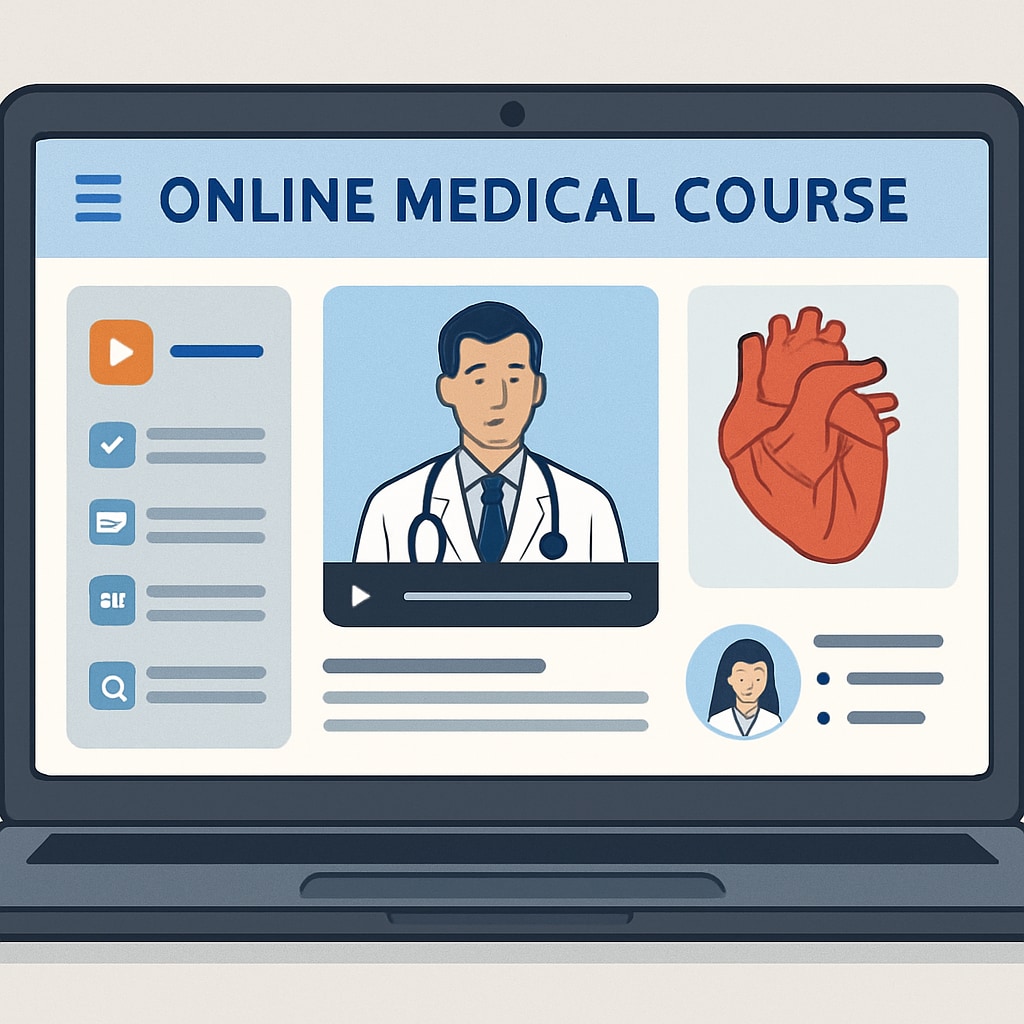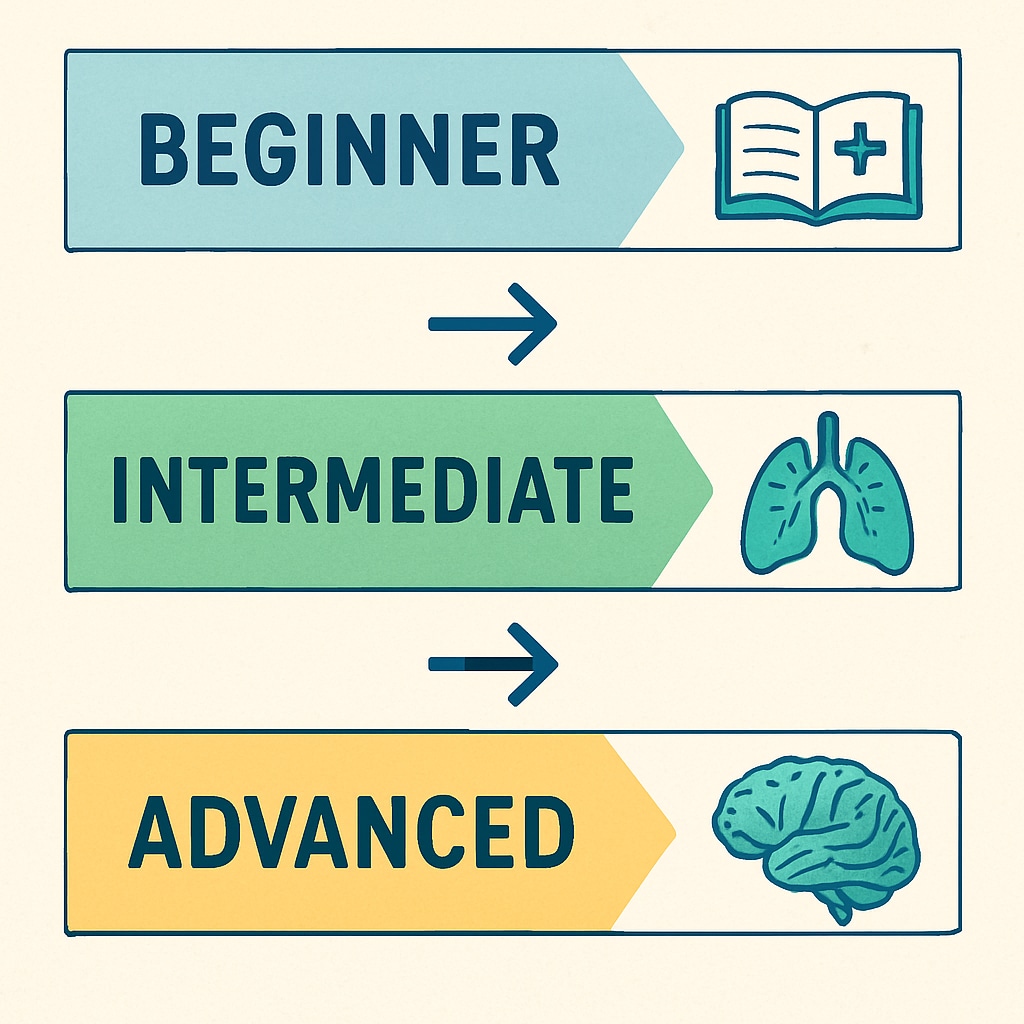Medical education has long been perceived as exclusive to professionals with formal training or academic backgrounds in healthcare. However, with the increasing availability of online courses and resources, individuals from non-medical backgrounds are now finding ways to explore specific medical fields effectively. Whether you are a curious learner or someone seeking to pivot your career, structured pathways make it possible to gain meaningful insights into medical topics without a traditional degree. This article provides a comprehensive guide to accessing educational resources and creating a systematic learning strategy that bridges the gap for non-professionals.
Navigating Medical Education for Non-Medical Learners
For individuals with no prior medical background, the world of medicine can seem daunting. The challenge often lies in the disparity between highly specialized resources (such as academic journals) and overly simplified materials designed for casual readers. This gap requires learners to identify accessible yet academically sound resources that cater to their level of understanding.
Fortunately, modern online platforms such as Coursera and edX offer courses curated by renowned universities and experts. These platforms provide introductory and intermediate-level classes in topics ranging from anatomy and physiology to public health and medical ethics. For example, Harvard’s “Introduction to Health and Medicine” on edX combines foundational knowledge with practical applications, making it ideal for non-professionals.

Building a Systematic Learning Framework
To make the most of available resources, non-medical learners should adopt a structured approach to their education. Below is a practical framework:
- Define Your Goals: Are you looking to understand medical concepts for personal interest, career development, or academic research? Having clear objectives will help narrow your focus.
- Start with Foundational Knowledge: Begin with introductory courses that cover basic concepts like human anatomy, biology, and medical terminology.
- Use Reliable Sources: Stick to content provided by verified institutions or experts. Avoid dubious materials that might spread misinformation.
- Apply Active Learning Techniques: Take notes, join discussions, and engage with interactive components to retain information effectively.
- Assess and Reflect: Regularly test your knowledge using quizzes or assignments, and reflect on areas needing improvement.
For example, non-medical learners interested in cardiology could start with foundational courses in cardiovascular anatomy before progressing to specific topics like echocardiography or heart disease prevention.

Overcoming Challenges and Staying Motivated
While accessing medical education as a non-professional is more feasible than ever, challenges remain. Many learners report difficulties with technical jargon or a sense of being overwhelmed by the breadth of information. Here’s how to address these barriers:
- Leverage Community Support: Online forums like Reddit’s r/medicalstudent or dedicated Discord groups provide spaces for discussion and shared learning.
- Break Down Complex Topics: Use tools like Khan Academy for simplified explanations or YouTube tutorials created by medical professionals.
- Set Realistic Timelines: Avoid cramming; instead, allocate consistent study hours each week.
As a result, learners can build confidence while gradually expanding their knowledge base without feeling overwhelmed.
Final Thoughts: Unlocking Opportunities in Medical Education
The accessibility of medical educational resources has opened new doors for non-medical learners. Whether through online courses, interactive platforms, or community engagement, individuals can now explore medical fields with greater ease and structure. Staying motivated and adopting a systematic approach ensures a rewarding learning experience. Ultimately, crossing boundaries in medicine is not just about acquiring knowledge—it’s about fostering curiosity, expanding perspectives, and contributing meaningfully to interdisciplinary collaboration.
If you’re ready to dive into medical topics, start small, stay consistent, and leverage resources that align with your learning style. The journey may be challenging, but the rewards are well worth the effort.
Readability guidance: Short paragraphs, active voice, and actionable advice ensure clarity and engagement. Lists simplify key points, while overused jargon is avoided. Images enhance understanding and visualization of key concepts.


